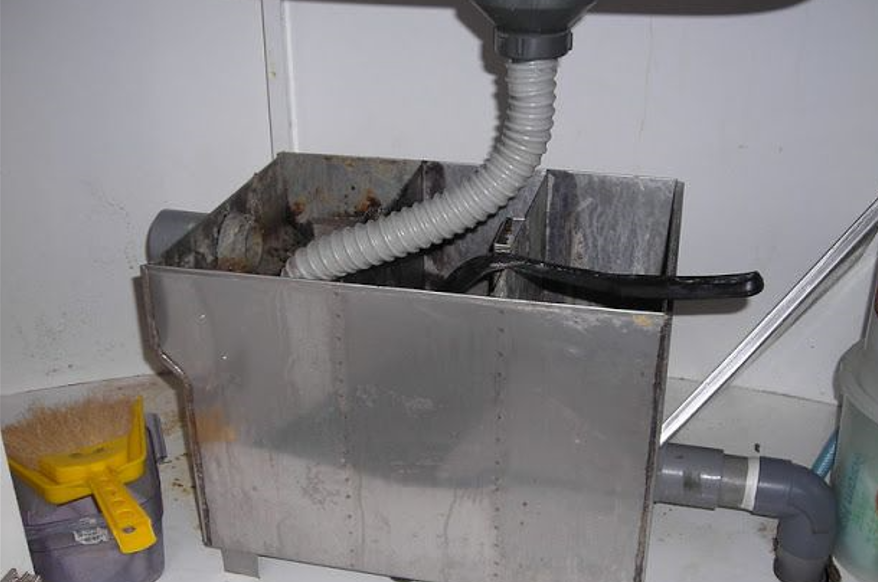Grease Trap Maintenance Serving

Proper grease trap maintenance is essential for restaurants and commercial kitchens to ensure the efficient operation of plumbing systems and conform to health and environmental regulations. A grease trap is designed to intercept fats, oils, and greases (FOG) from wastewater before it enters the sewer system. Neglecting routine maintenance can lead to clogs, foul odors, and costly plumbing repairs, not to mention the potential for environmental damage.
Regular maintenance of grease traps involves routine inspection and cleaning. DFW Grease Trap Maintenance is generally recommended to clean a grease trap every one to three months, depending on the volume of grease discharged into the system. During maintenance, professionals will remove the accumulated grease and solids, allowing for continued effectiveness of the trap. Schedule grease trap servicing as part of your standard maintenance checklist to avoid larger issues down the line.
In addition to regular cleanings, it's essential to ensure proper installation and functionality of the grease trap. A correctly sized grease trap is crucial; if the trap is too small, it may not effectively capture all the FOG, leading to premature overflow and environmental concerns. If a grease trap is too large, it may not provide sufficient water flow to facilitate proper separation of grease and solids. Consulting with a professional service can help determine the right size and type of grease trap for your establishment.
Moreover, educating staff members about the importance of grease trap maintenance can significantly enhance the effectiveness of any program. Encouraging employees to minimize the disposal of grease and food particles down the drain, using appropriate strainers, and reporting maintenance needs quickly can contribute to the overall success of the grease trap management strategy.
In conclusion, Fort Worth Grease Trap service is vital for operational efficiency, environmental responsibility, and regulatory compliance in commercial kitchens. By establishing a routine maintenance schedule, ensuring proper installation, and fostering a culture of awareness among staff, businesses can keep their grease traps functioning optimally, thereby avoiding costly repairs and potential fines while promoting a cleaner environment. For more info, visit: https://en.wikipedia.org/wiki/Fecal_sludge_management.
